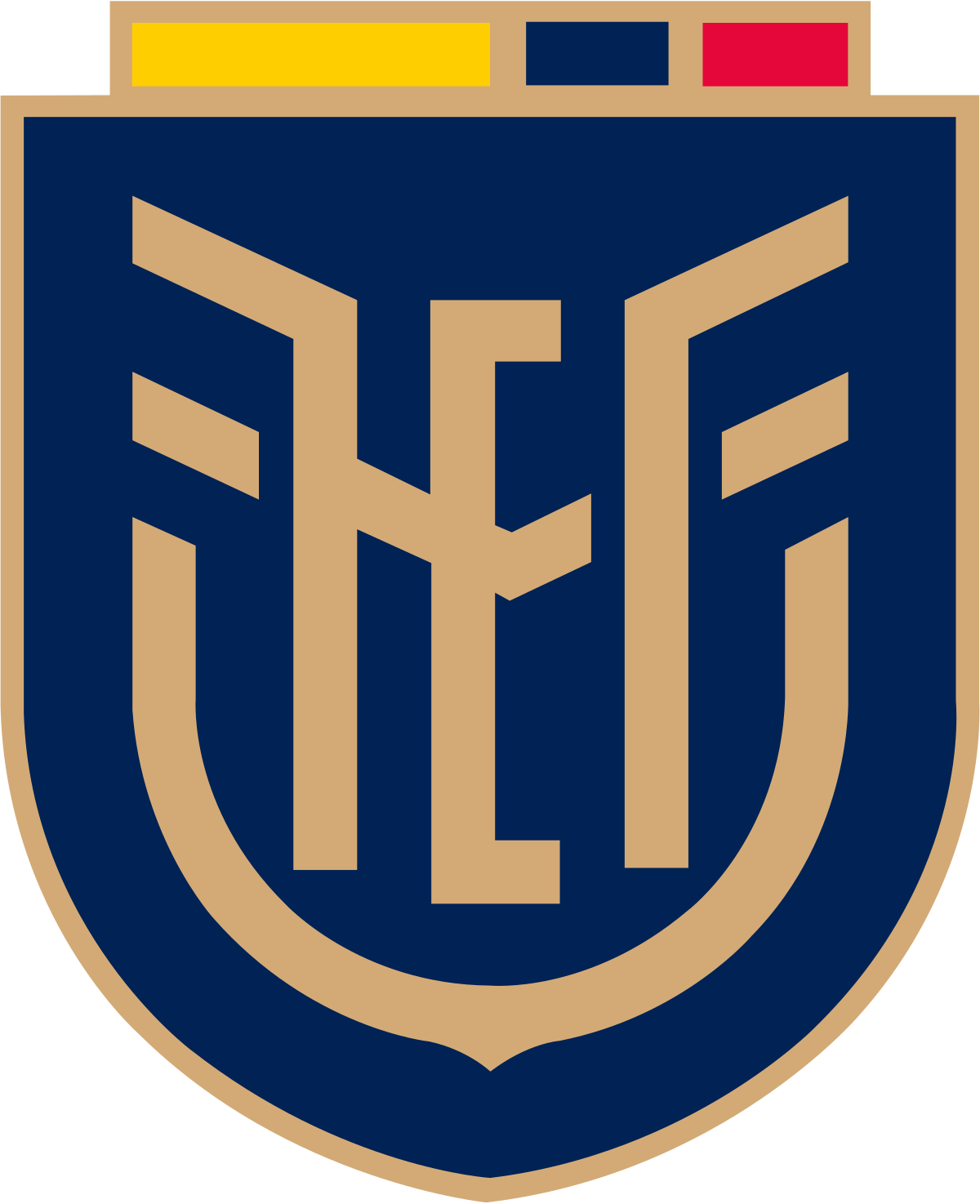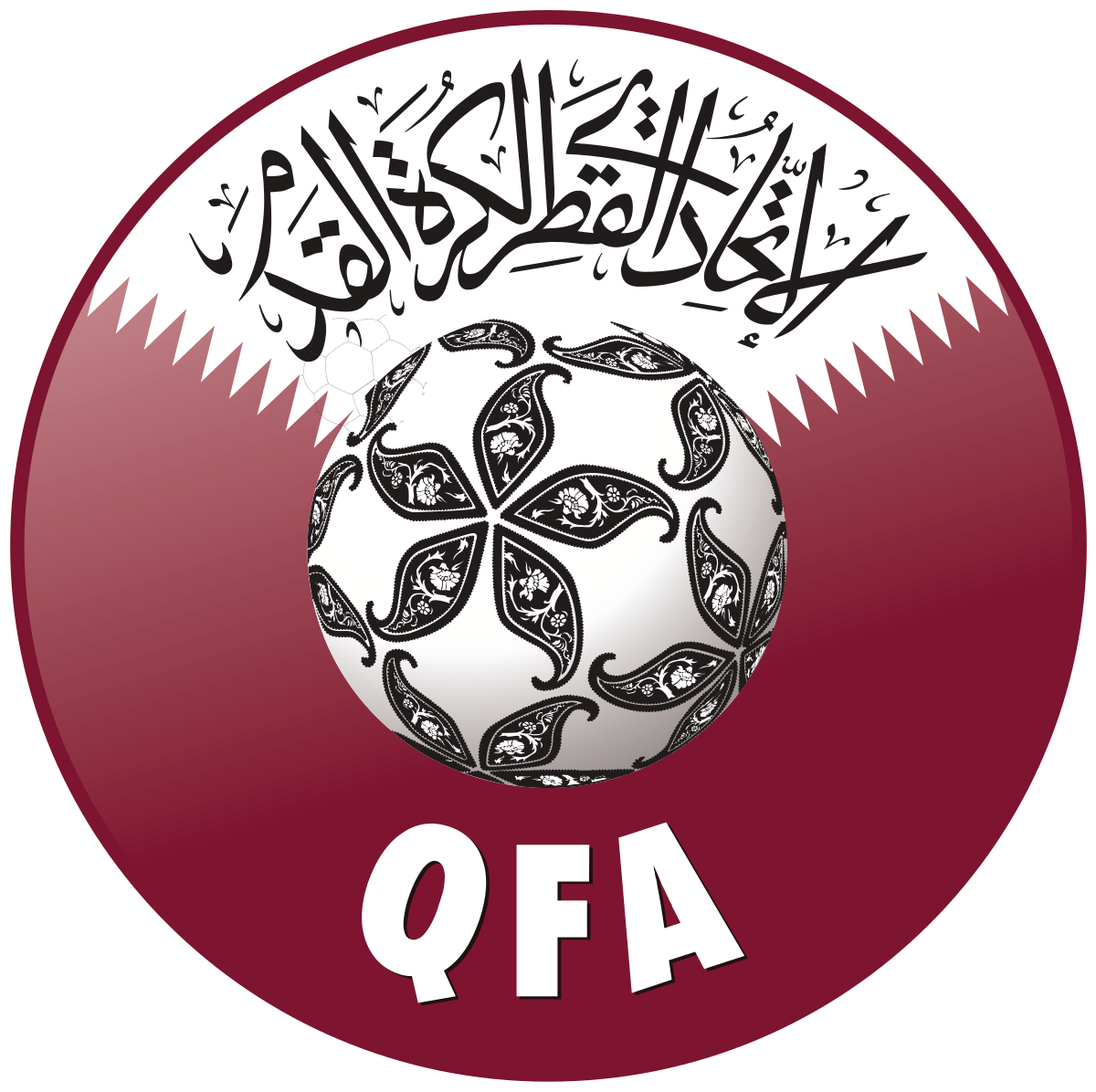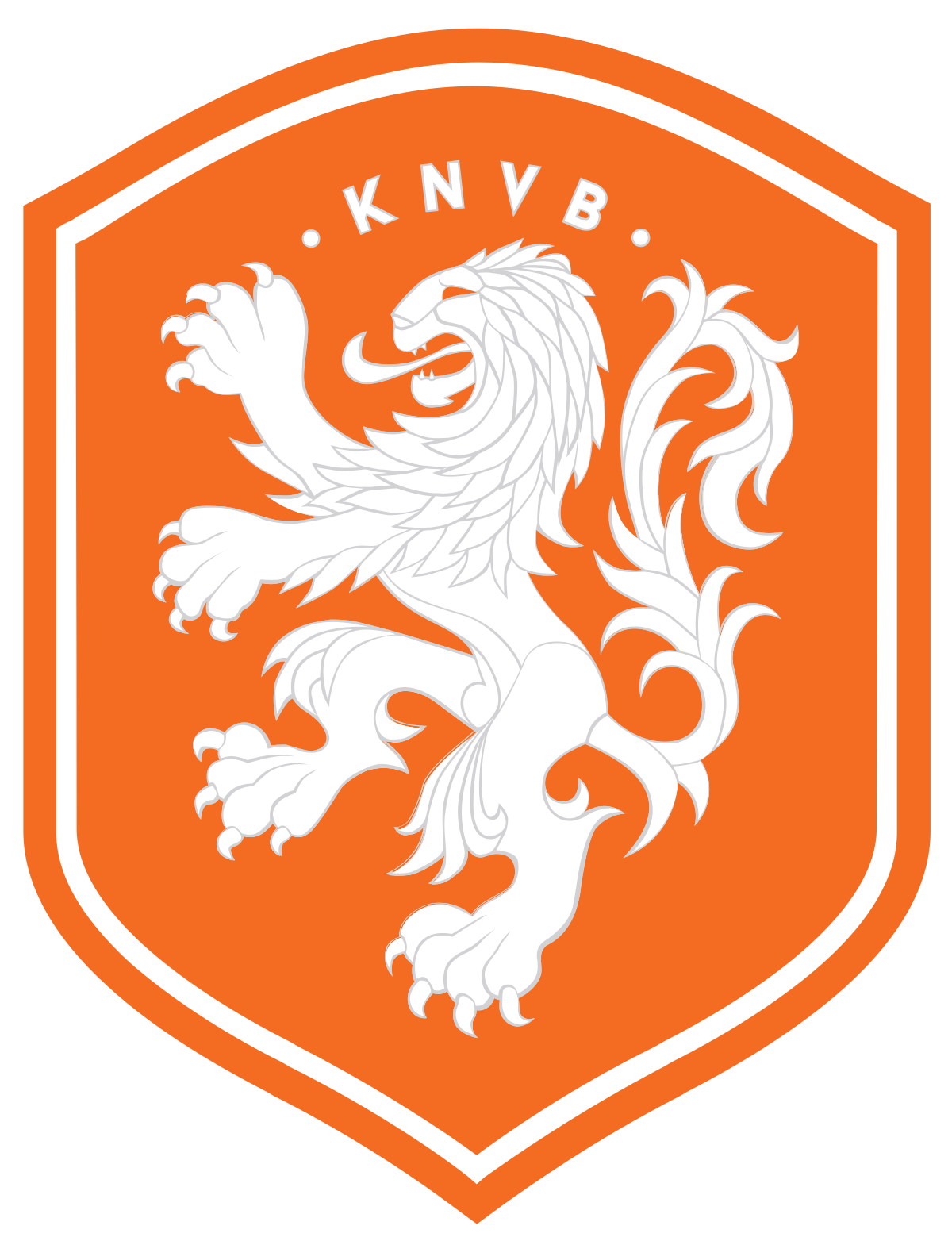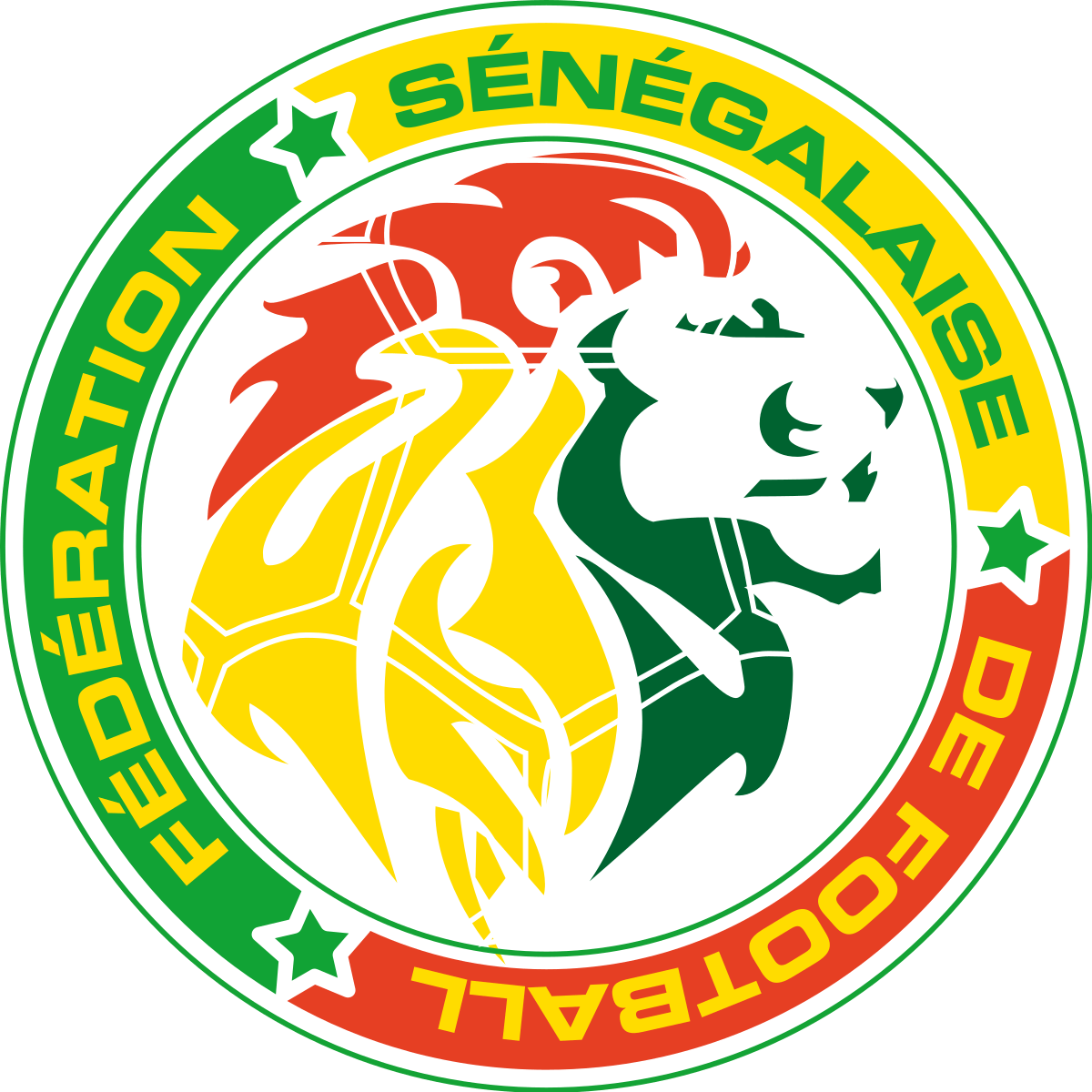
Ecuador (La Tri)
Round of 16: 1 (2006)
Group Stage: 2 (2002, 2014)
Current FIFA Ranking: 44
Moisés Caicedo
Read More
Enner Valencia
Read More
Piero Hincapié
Read More
Gustavo Alfaro
Read More
Group A Schedule
Game 1 – Sunday 20th November 2022

Qatar
19:00 Qatar Time/16:00 GMT
Al Bayt Stadium, Al Khor
Game 2 – Friday 25th November 2022

Netherlands
19:00 Qatar Time/16:00 GMT
Khalifa International Stadium, Al Rayyan
Game 3 – Tuesday 29th November 2022

Senegal
18:00 Qatar Time/15:00 GMT
Khalifa International Stadium, Al Rayyan
Notable Honours
As traditional minnows in CONMEBOL, Ecuador have never won an international trophy at senior level, and their best ever placing in the World Cup is the round of 16 in 2006. However, their under-23 team won the Gold Medal at the 2007 Pan American Games, while the under-20 team won the 2019 South American Youth Championship.
Modest Beginnings
Ecuador have generally been a minnow historically in the CONMEBOL zone, never winning anything substantial. Football was introduced to the country in the late 1800s by native Juan Alfredo Wright, who discovered it while he spent time in England. In 1925 the Ecuador Football Federation (FEF) was founded. Ecuador were also invited to the inaugural World Cup in 1930 but declined, and also did not enter the 1934 or 1938 editions. They eventually played their first match as a national team on 8 August 1938 in the I Bolivarian games, a 1-1 draw with Bolivia. Ecuador finished the tournament in third place of five teams, which was a resounding success for the infant football nation.
Between 1939 and 1959, Ecuador played in ten of thirteen possible South American Championships/Copa Americas, withdrawing in the other three. They hosted the event in 1947 and 1959, with their best performance over this period being fourth in the latter tournament. This tournament also saw the solitary inclusion of Alberto Spencer in an Ecuador tournament squad. Many South Americans widely regard Spencer as the greatest Ecuadorian player of all time. He won eight league titles, three Copa Libertadores trophies and two Intercontinental Cups (the match between European and South American champions) while playing for Penarol in Uruguay between 1959 and 1970. In the process, he scored 326 goals. A prolific striker, Spencer was named the 20th-best South American player of all time in a poll conducted by the International Federation of Football History and Statistics (IFFHS) in 2004. This fact highlights the esteem with which he is held in his home continent. It remains a great regret of Ecuadorian football (and wider South American football) that Spencer, like fellow South American great Alfredo di Stefano, never participated in the World Cup.
Between the 1960s and the turn of the millennium, Ecuador could have competed better in South America. Yes, there was the occasional piece of success, such as matching their fourth place in 1959 as hosts again in 1993, but generally, they struggled. Indeed, Ecuador first entered the World Cup qualifiers for the 1962 edition and failed to qualify for the tournament ten consecutive times. Between 1962 and 1994, they only won four qualifying matches. Ecuadorian football was in a dismal state.
The 2002 World Cup
For qualification for the 1998 edition, however, the format was changed to a home-and-away league system. This allowed Ecuador to utilise home advantage very well, often playing at altitude in Quito. Indeed, along with Estadio Hernando Siles in La Paz in Bolivia, Ecuador’s home stadium Estadio Olimpico Atahualpa has become a formidable place for teams to travel to in CONMEBOL qualifying. This is partly because the adverse conditions at altitude affect players’ breathing and general well-being. Ecuador won some home games in the 1998 qualifiers and finished sixth in a table of nine (holders Brazil having qualified automatically). It was not sufficient to qualify, but it was an improvement. They built on this when the 2002 qualifiers arrived. Indeed, under new Colombian coach Hernan Dario Gomez, Ecuador managed such feats as a historic 1-0 victory against Brazil and a 1-1 draw with Uruguay. Results such as these enabled them to qualify for the tournament in South Korea and Japan. It had taken them forty years of trying, but Ecuador had finally reached their first World Cup.
At the tournament, Ecuador were marshalled by now-legendary players such as goalkeeper Jose Cevallos, right-back Ulises de la Cruz, winger Edison Mendez, centre-back Ivan Hurtado and veteran attacking midfielder Alex Aguinaga. Indeed, the latter four comprise four of the five record appearance holders of all time for Ecuador, with Hurtado having made the most appearances with 168 caps. However, the tournament was a poor one for Ecuador. Away from Quito, they lost the first two games to Italy and Mexico. However, they impressively beat a strong Croatia side in the final group game. Still, it had not been enough to qualify, and they finished bottom of the group on goal difference. Despite this, there was pride in the team for being the country’s first-ever World Cup representatives.
2006-2014: A Round of 16 Place and a Further Qualification
After a poor outing at the 2004 Copa America, Gomez resigned and was replaced by current Costa Rica coach Luis Fernando Suarez. Suarez finished the 2006 World Cup qualification campaign in third place behind powerhouses Brazil and Argentina, and lightning had struck twice for the Ecuadorians. The tournament in Germany remains their greatest achievement. Being grouped with the hosts, Poland and Costa Rica in group A, Ecuador defeated the Poles 2-0 in the first game and Costa Rica 3-0 in the second game, storming to six points from six. This set up a match against Germany for the right to top the group, but the hosts won out 3-0. Still, Ecuador had qualified to face group B winners England in Stuttgart. The Ecuadorians gave an excellent account of themselves. However, they lost out to a trademark David Beckham free-kick at the hour mark. They had, though, done the country proud yet again. They qualified again in 2014, boasting such players as forward Enner Valencia and captain and Manchester United winger Antonio Valencia. They lost to Switzerland, beat Honduras and drew with France. However, four points from nine were insufficient to qualify for the round of 16, but it was still respectable in a difficult section. In 2018 they again failed to qualify.
Regional Failures and Hopes for a Brighter Future
At the same time as their World Cup exploits, though, regionally Ecuador endured a spell of being unable to pass the group stage of the Copa America between 1999 and 2015. Since 2015 they have made two-quarter finals, but these modest results have come to characterise their minnow status in South America, as they are the only team alongside Venezuela never to win a continental championship. In fact, they have never finished in the top three. However, it is clear that the 21st century has seen a stronger Ecuador side than most of the twentieth century did. Their participation in Qatar is in doubt after a Chilean appeal to the Court of Arbitration for Sport (CAS). The Chileans allege that Ecuador fielded an ineligible player in qualifying – Byron Castillo, whom Chile say was born in Colombia. An outcome is expected on 10 November, just ten days before Ecuador are due to play hosts Qatar in the opening match of the tournament. Having also been placed with the Netherlands and Senegal, it appears a challenging group, and they are underdogs, but assuming the CAS case is unsuccessful, Ecuador will fancy their chances of doing well. It is, however, imperative that they get off to a good start against the hosts.
Road to Qualification
CONMEBOL Group: 4th Place
Record: Played:18 W:7 D:5 L:6 F:27 A:19 GD:+8 Points:26
Date of Qualification: 24th March 2022
Qualification for Qatar was tight but deserved for Ecuador. They did well throughout the group and finished in fourth place ahead of Peru, the final automatic place. However, their spot in Qatar was sealed before the last game. Their qualification was built on their strength at height in Quito, playing most of their home matches there. At home, they won five of their nine games, including a 4-2 win over Uruguay and a 6-1 destruction of Colombia. They scored 27 goals across their campaign, tying for second-most goals with Argentina, and kept six clean sheets. Their highest scorer in qualifying was Michael Estrada, with six goals. It was an impressive qualifying campaign which will give them plenty of confidence heading into the tournament.
Meet the Coach: Gustavo Alfaro (age 60)
Argentinean coach Alfaro had a brief playing career in his homeland as captain of Atletico de Rafaela. He retired from playing in 1992 and spent the next seventeen years nomadically managing in Argentina, the highlight being winning the 2007 Copa Sudamericana (the second most important South American continental club competition) with Arsenal de Sarandi. After briefly taking over Al-Ahli in Saudi Arabia in 2009, Alfaro returned to Arsenal and won the 2012 Clausura (the second championship of the Argentine season). He took over at the famous Buenos Aires club Boca Juniors in 2018, winning the 2018 Argentinean Super Cup.
He became Ecuador manager in 2020 and helped the team through the aforementioned impressive qualification. He likes his teams to play direct and aggressively, with plenty of high pressing and technique thrown into the mix.
Possible Starting XI and Style of Play

As stated, Alfaro likes his teams to play physically and at a high tempo. In goal, Alexander Dominguez is likely to get the nod. However, he has been alternating with the much less experienced Hernan Galindez over the last year. At right-back, the talented Angelo Preciado is likely to start. He is young, attacking, and dynamic. At left-back, Brighton new boy Pervis Estupinan is poised to start and offer the same attacking threat from the opposite side. In the centre, exciting young Bayern Leverkusen defender Piero Hincapie is likely to be partnered by either Felix Torres or Robert Arboleda. However, those two are injury doubts entering the tournament.
In midfield, there is much physical strength, tenacity and technical ability with Carlos Gruezo and another Brighton player, the exciting Moises Caicedo, trying to control the game. Alan Franco or Sebas Mendez are likely to be the other options. In attack, the very talented young winger Gonzalo Plata will play on the right, having already scored five goals for the national team. Michael Estrada and Enner Valencia will likely join him in the front three, providing lots of pace, link-up, trickery, and goalscoring ability. Djorkaeff Reasco, Romario Ibarra, and Angel Mena are options from the bench.
Generally, this is a young squad which will look to impose its zeal on older teams at the tournament. There is a lot of emerging talent here, and Alfaro will be hoping they can cause an upset in the Middle East.
Final Squad
Goalkeepers: Moises Ramirez, Alexander Dominguez, Hernan Galindez
Defenders: Piero Hincapie, Robert Arboleda, Pervis Estupinan, Angelo Preciado, Jackson Porozo, Xavier Arreaga, Felix Torres, Diego Palacios, William Pacho
Midfielders: Carlos Gruezo, Jose Cifuentes, Alan Franco, Moises Caicedo, Angel Mena, Jeremy Sarmiento, Ayrton Preciado, Sebastian Mendez, Gonzalo Plata, Romario Ibarra
Forwards: Djorkaeff Reasco, Kevin Rodriguez, Michael Estrada, Enner Valencia
Key Players
Moisés Caicedo
Date and Place of Birth: (02.11.2001, Santa Domingo)
Current Club: Brighton and Hove Albion
Caps/Goals: 25/2
A strong, technical, and physically dominant central midfielder, Caicedo, like Hincapie, came through at Independiente del Valle before signing for Brighton in 2021. He was immediately loaned to the Belgian side Beerschot but returned in January 2022. Since then, he has been an essential player in the Brighton side, with his energy, passing and intelligent positioning being key to the continual rise of the Seagulls. He also scored the opening goal in a famous 4-0 victory for Brighton against Manchester United last May. His participation in Qatar remains in doubt due to injury. However, he will be crucial to Ecuador’s hopes if he returns in time.
Enner Valencia
Date and Place of Birth: (04.11.1989, San Lorenzo)
Current Club: Fenerbahce
Caps/Goals: 74/35
We thought about giving this third spot to the important Gonzalo Plata or Michael Estrada. However, Valencia is a figure of experience among a youthful squad, and his savvy will be crucial. Valencia certainly knows where the goal is, with 35 goals in 74 appearances for the national team, and his mixture of trickery, work rate and finishing should serve Ecuador well. Best known to British audiences for his stints at West Ham and Everton, Valencia will look to link up with Plata and Estrada and give the side an attacking impetus. Valencia has been a consistent goalscorer at most teams he has played for. Indeed, he has scored 41 goals in 90 matches for Turkish club Fenerbahce since joining in 2020, including 13 in twelve Super Lig games this season. He is a mainstay of the national team and remains vital for Alfaro.
Piero Hincapié
Date and Place of Birth: (09.01.2002, Esmeraldas)
Current Club: Bayer Leverkusen
Caps/Goals: 21/1
Hincapie is an exciting young left-footed centre-back who, like other young players in the Ecuador squad, was trained in the very competent academy of emerging club Independiente del Valle. He then joined Leverkusen in the summer of 2021. Very comfortable on the ball, Hincapie is excellent at progression and initiating attacks, which is why he is also an option as cover at left-back. He is an exciting, emerging talent, and it should not be too long before clubs start circling Leverkusen to secure his future services. He idolises former Barcelona defender Carles Puyol.
